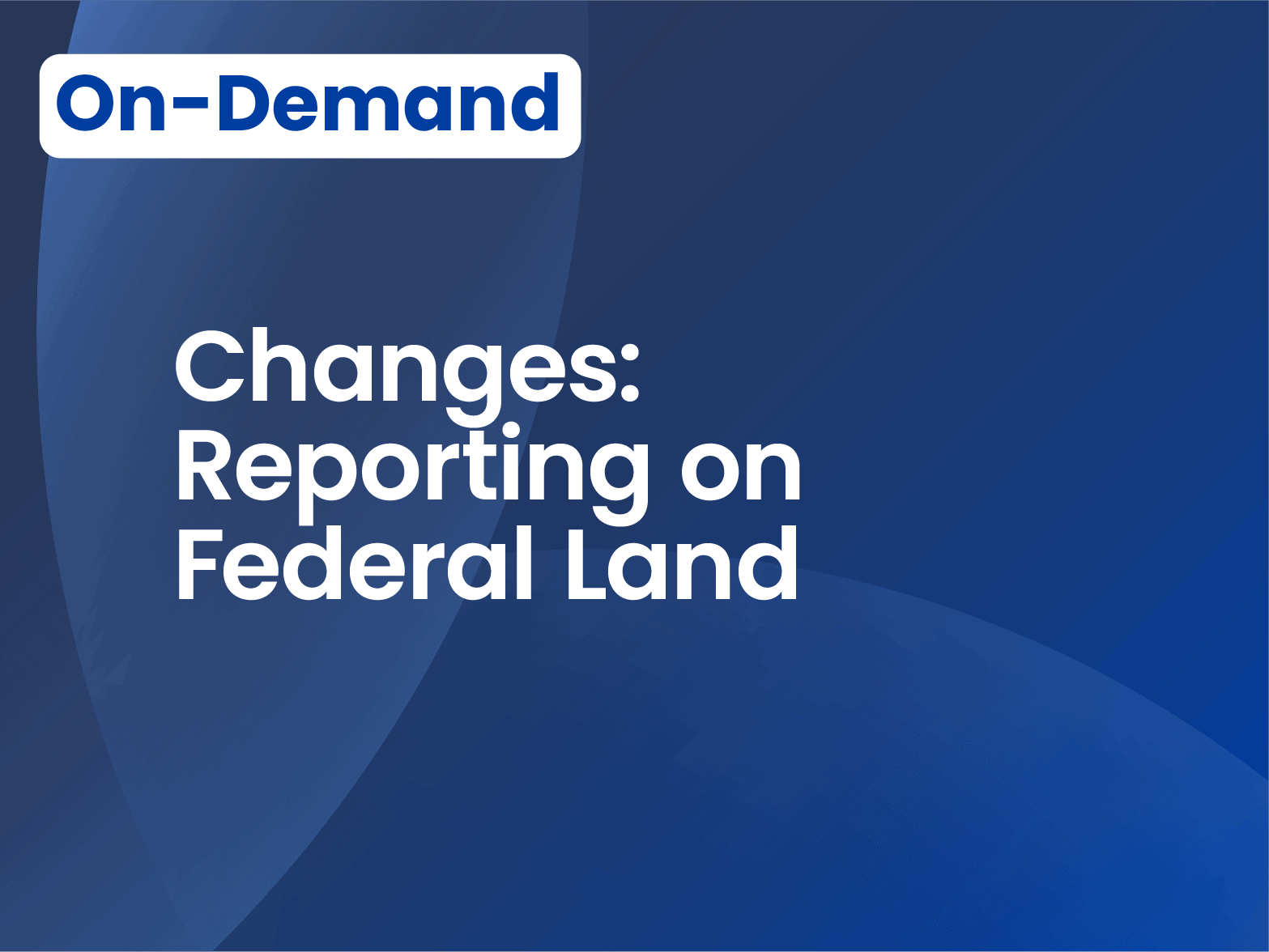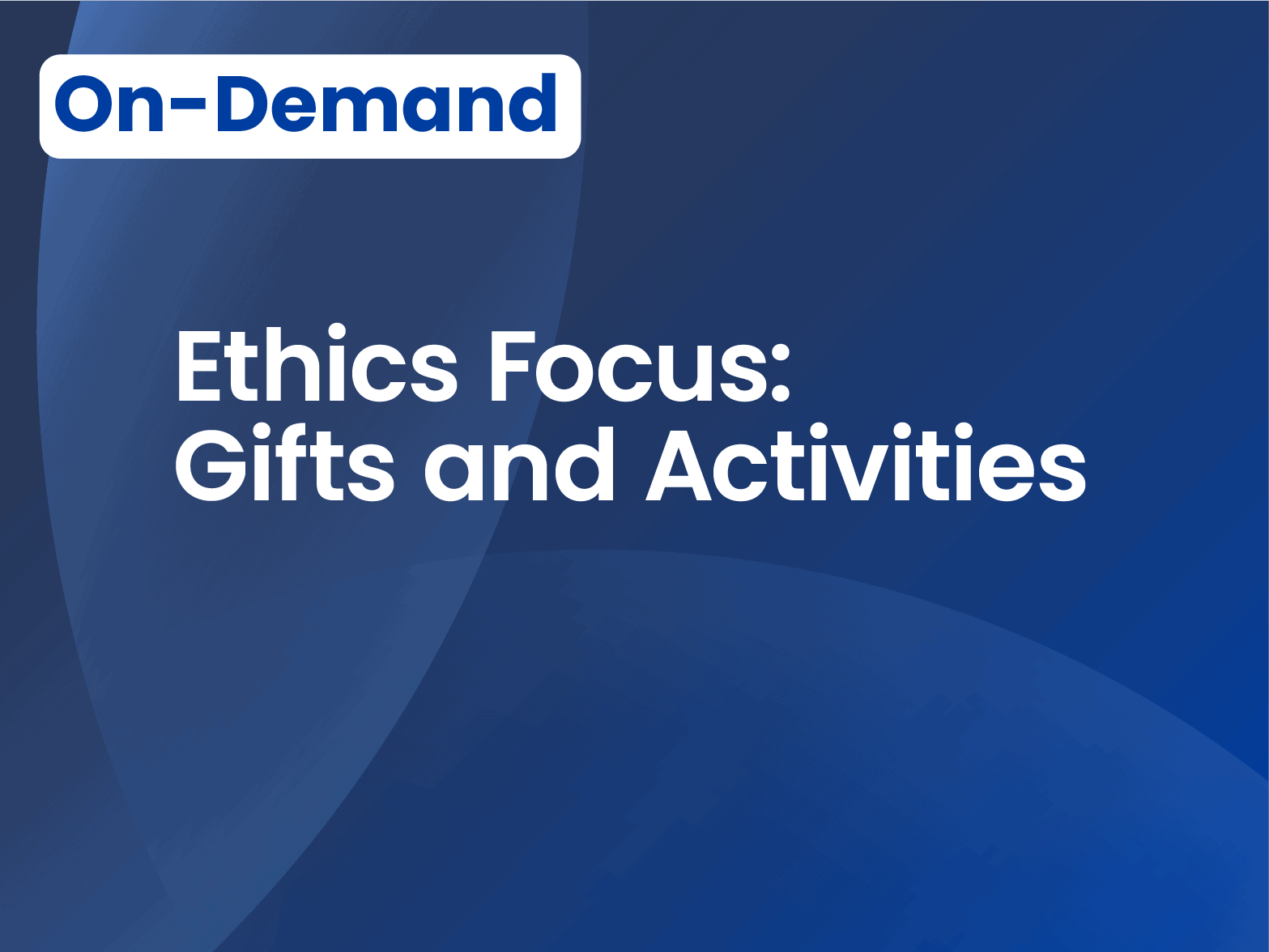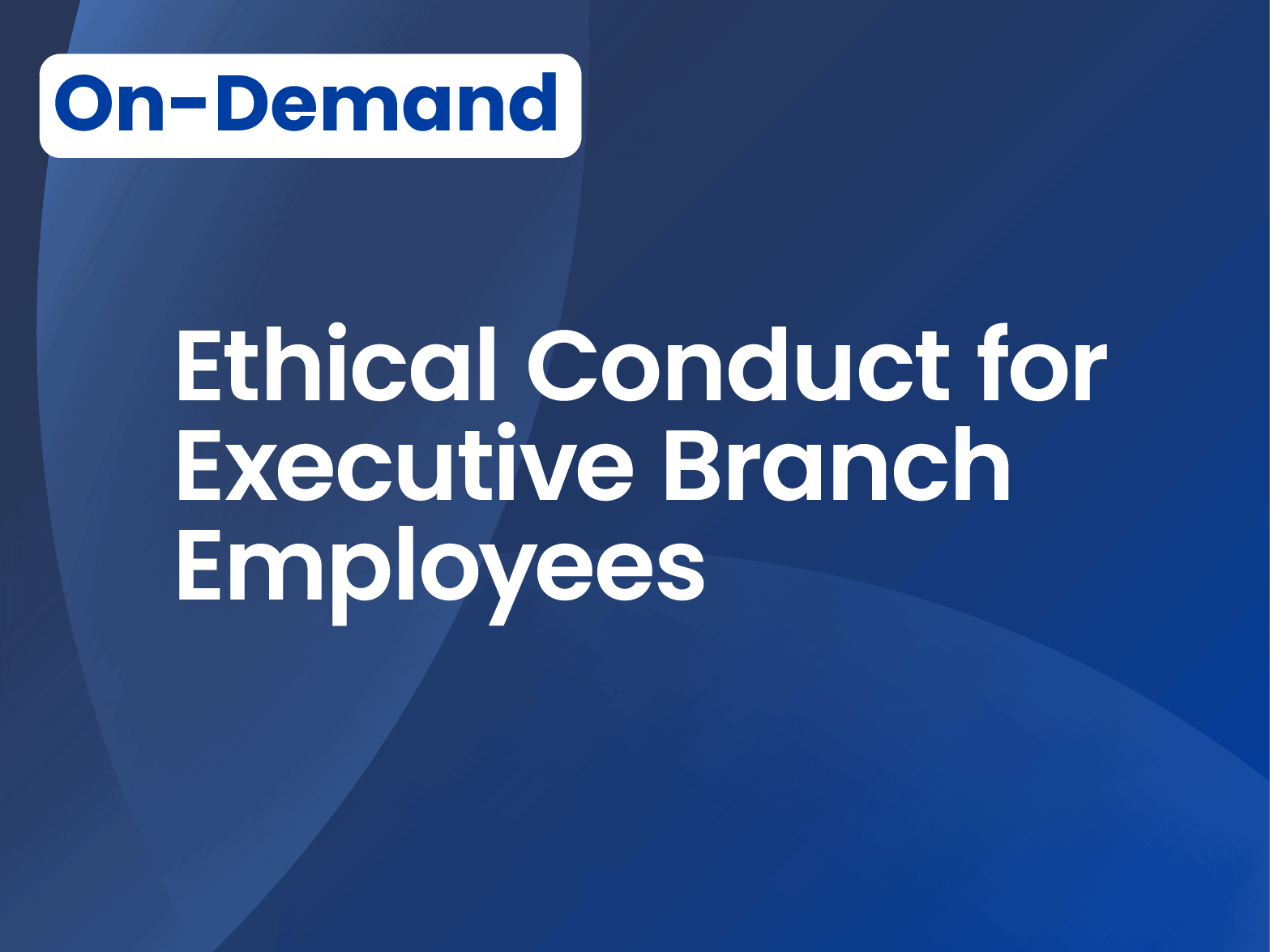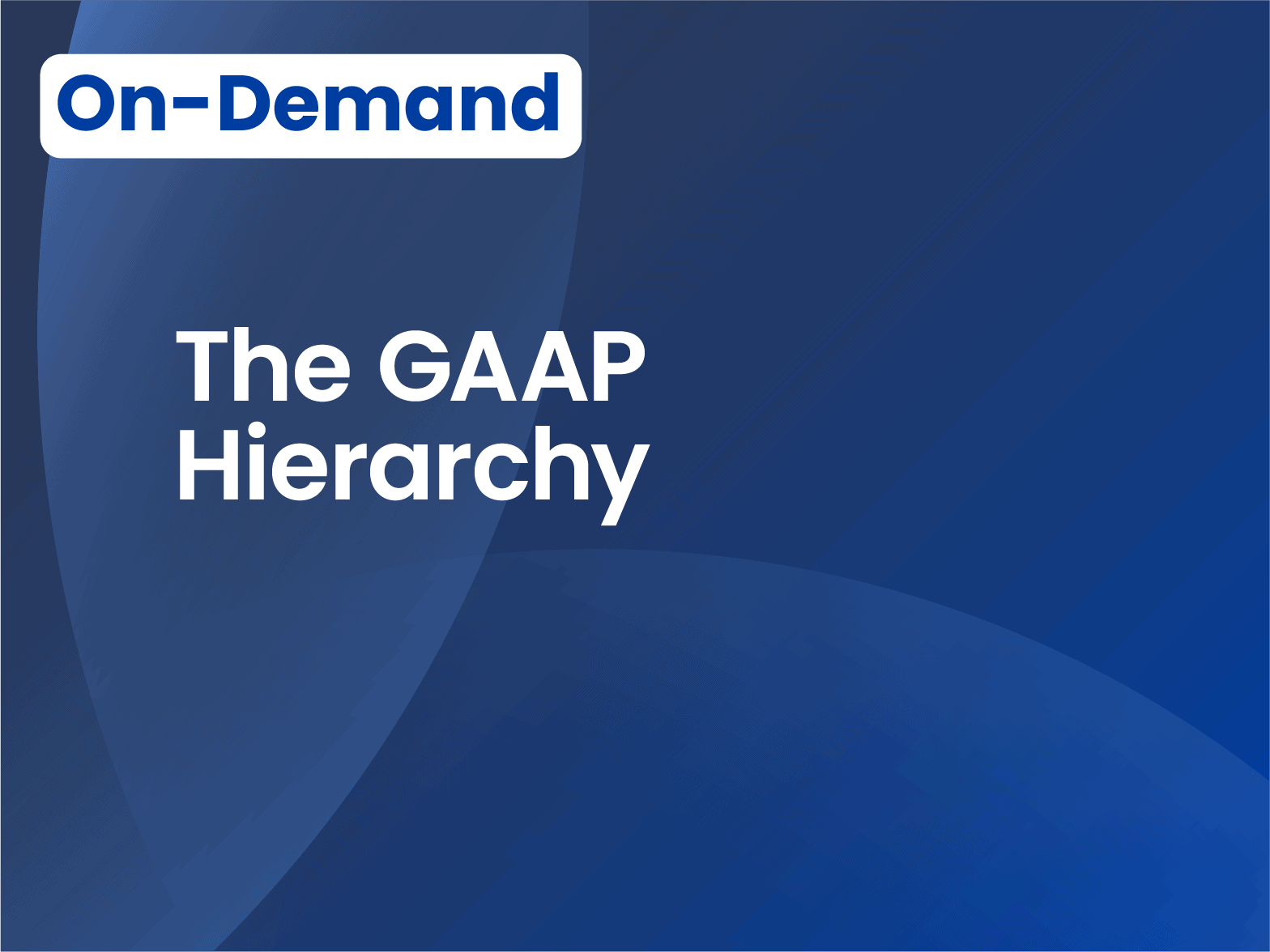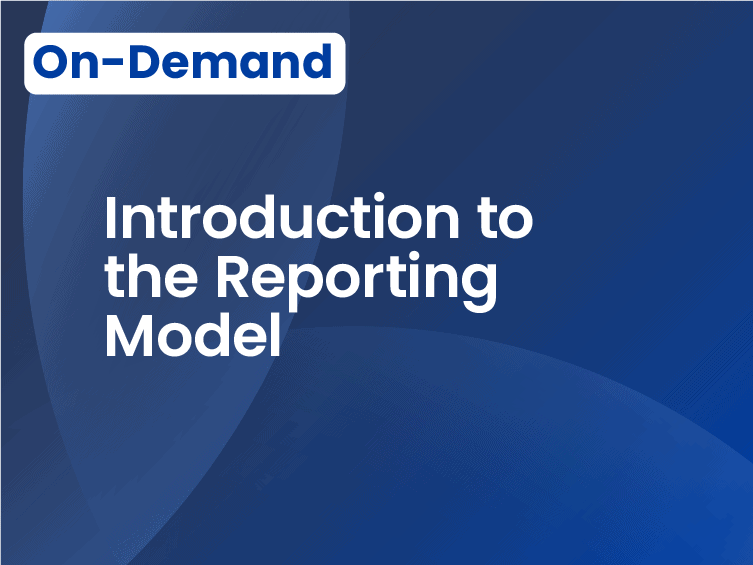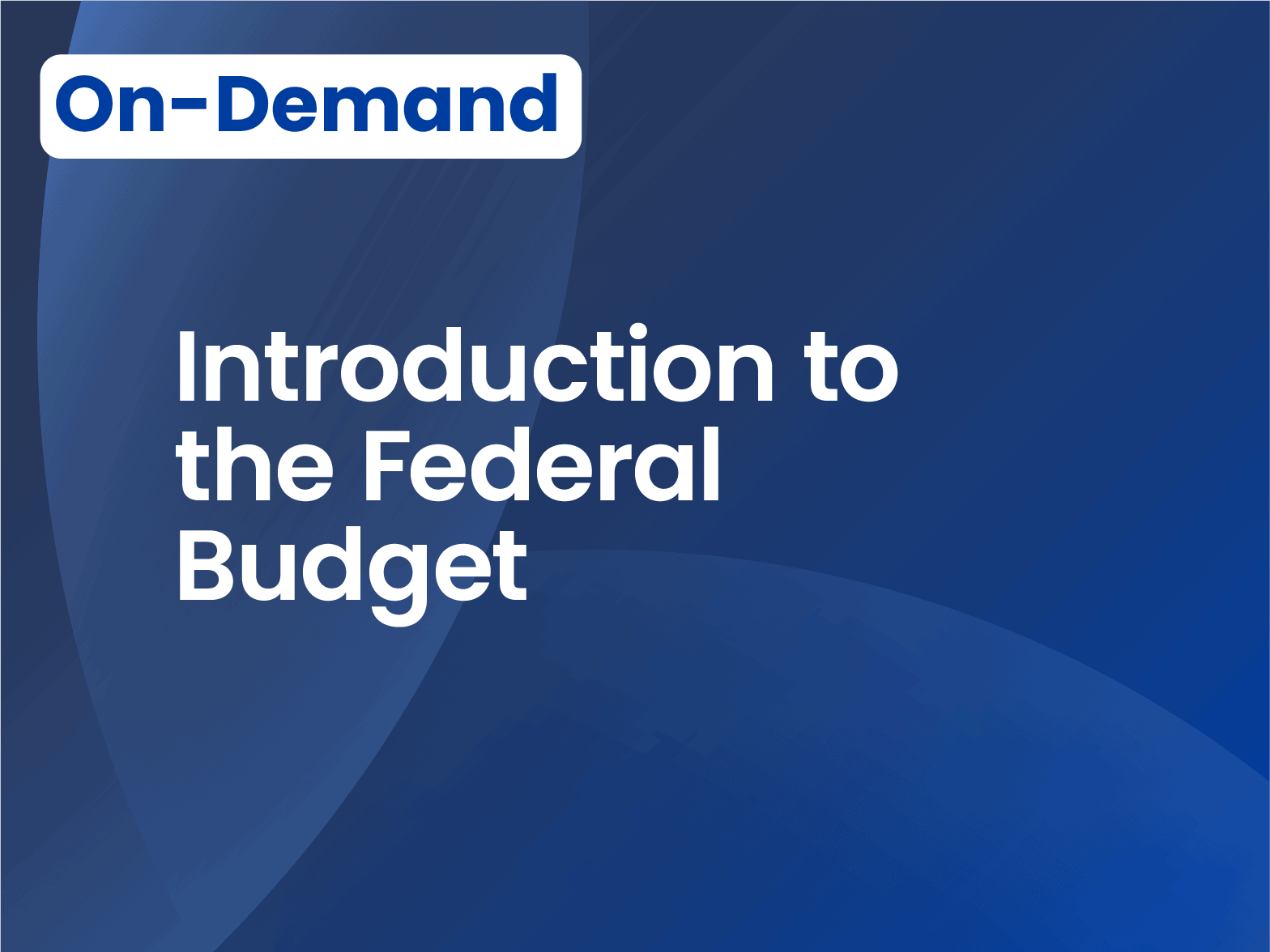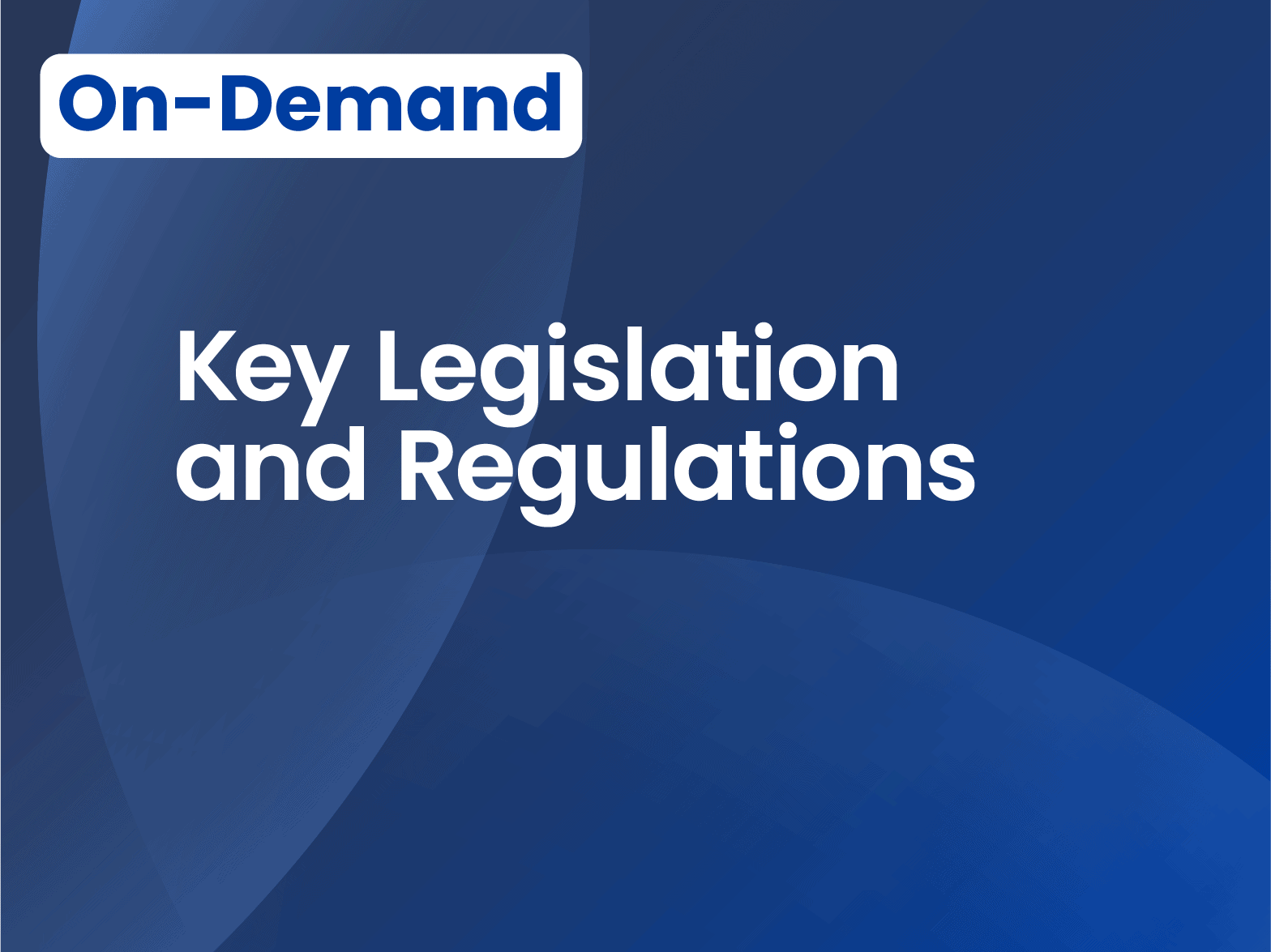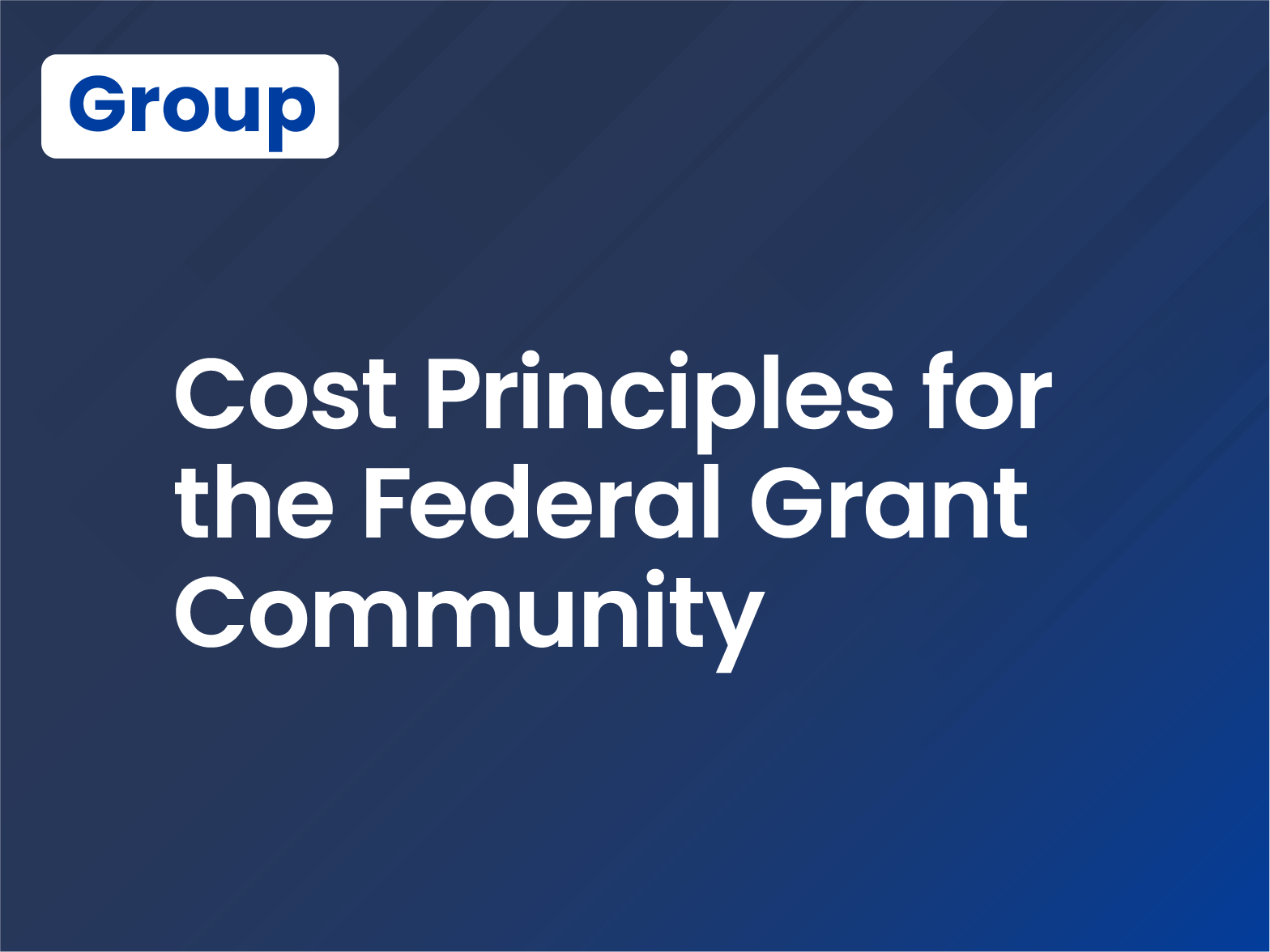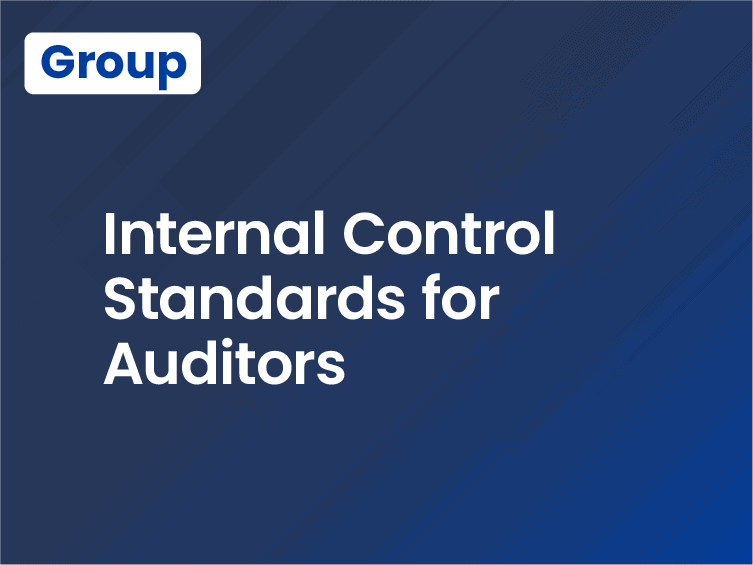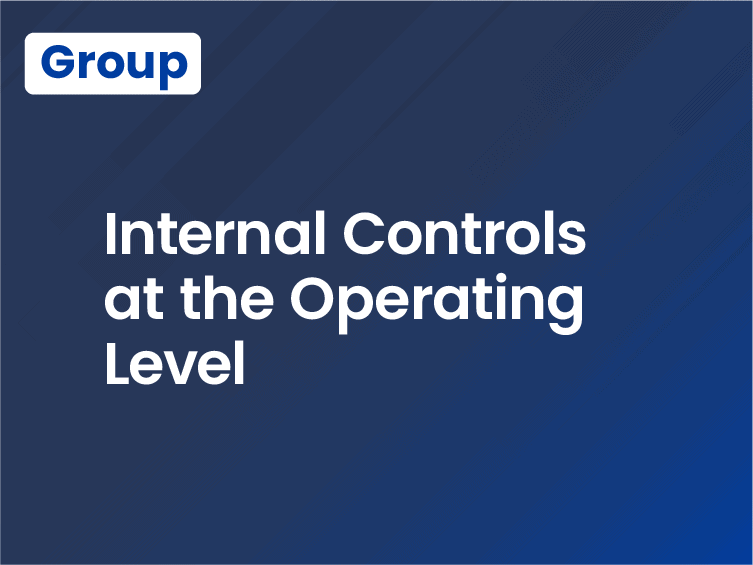-
CGFM Course 1: Governmental Environment
Course Description: This course describes the unique aspects of government…
-
CPEs:
CGFM Course 1: Governmental Environment (group training)
Are you looking to schedule this course for a group?…
-
Changes: Reporting on Federal Land (3.1)
Description This course is part of Federal Financial Management Series…
-
Ethics Focus: Gifts and Activities (2.3)
Description The Office of Government Ethics establishes standards of ethical…
-
Ethical Conduct for Executive Branch Employees (course 2.2)
Description This course is part of Federal Financial Management Series…
-
-
Introduction to the Reporting Model (Course 1.3)
Description This course is part of Federal Financial Management Series…
-
Introduction to the Federal Budget (Course 1.2)
Description This course is part of Federal Financial Management Series…
-
Key Legislation and Regulations (Course 1.1)
Description Federal departments and agencies operate in accordance with laws…
-
CPEs:
Cost Principles for the Federal Grant Community
Description This course provides a practical understanding of cost principles…
-
CPEs:
Internal Control Standards for Auditors
Government auditors at all levels will gain a better appreciation…
-
CPEs:
Internal Controls at the Operating Level: Practical Perspectives on Assessment, Evaluation and Reporting
Description Government managers and staff will gain a better appreciation…
Become a CGFM
Learn the value and benefits of becoming a CGFM.



